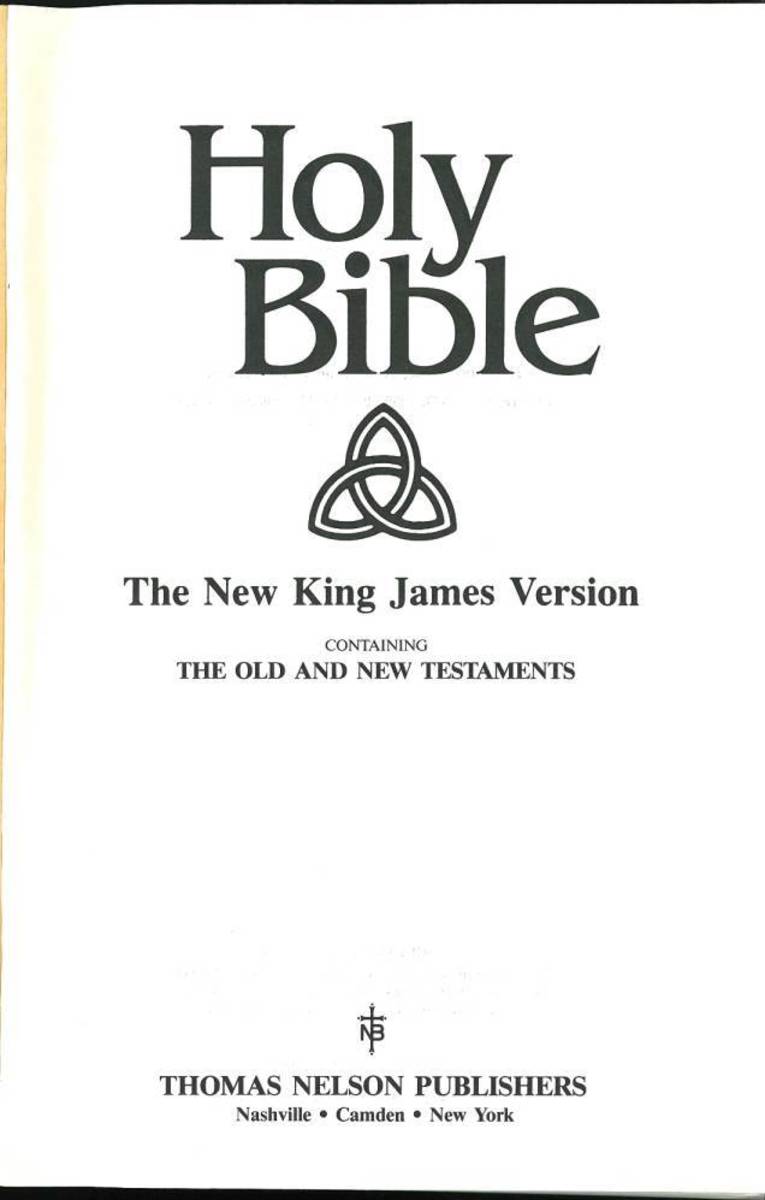Hell? What Hell?

- The Doctrine of Scriptural Retribution
Brother of the famous Henry Ward Beecher, Dr. Edward Beecher traces the teachings of punishment after death to their original sources. He discovered this teaching does NOT originate from the original texts of the Jewish and Christian Scriptures. - Bible Threatenings Explained
Dr. Hanson analyzes each of those passages of Scripture which appear to teach endless punishment proving the original Greek and Hebrew taught something entirely different. - Hell's Scholars' Corner
Dozens more scholarly studies of how we cam to believe in Hell.

Transcript of a classic "fire and brimstone" sermon, designed to induce fear and conformity.
The most graphic image used to frighten millions of Christians into obedience through the ages - eternal torment in the flaming pits of Hell - is nothing more than the slip of a clerical pen, according to modern day scholars. There is no Hell. It was all a mistake.
We send particular condolences to the families who stoned to death some of their own in strict obedience to ancoent laws, in order to protect their immortal sould from the fiery torments they expected if they suffered a witch or an adulteress to live. Oops. Sorry. Better luck next time.
But how did such a cataclysmic mistake happen in the first place?
Well, there are a number of contributing factors.
There was desire of the Roman Catholic Church for social control - and there's nothing like the fear of eternal damnation to keep a crowd of underfed peasants in line.
The practice of keeping the Bible in Latin and the priests the sole holders of the education about how to read it.
That's pretty darn good, because then you can tell the uneducated masses whatever you like, and even the smart ones can't get their hands on the original sources to question your authority.
And when the big push began to translate the Bible into "folk" languages like English, in the Middle Ages, we had scantily educated translators working from Greek and Aramaic that they didn't fully understand, but guided by their memory of what had been preached from the pulpit last week.
Here are just a few of the contributing mistranslations in the debacle which we lovingly know as The King James Version of the Holy Bible.
Let's start with the word "hell" itself.
A modest, unassuming Middle English word, "hell" grew out of the Old English word meaning "to cover". A "hell" was a sort of earthen cellar where the root vegetables were stored during the winter. "Helling" the vegetables meant storing them underground.
It was kind of out of date, even in the Middle Ages, and little-used, which made it ripe for corrupting.
Whether by accident or by design, the translators ended up translating several very different words into the one English word, "hell".
And so "hell" became Hell.
Sheol
The Old Testament word translated as "Hell" actually meant "the place of the dead", or, more precisely "the grave". You can see the connection between covering the dead bodies with dirt, and putting away the potatoes in the cellar, can't you?
It makes sense, and it has not the least hint of flames and screaming.
So the confounding factors come from the pesky New Testament, written in all those newfangled languages like Aramaic and Greek.
Hades
The Greek word also translated as "Hell" was hades. Again, the connotation of hades was simply the place of departed souls, the grave.
A few minutes with a Greek concordance and a Bible will demonstrate that the word Hades is never associated with fire in the New Testament, either.
Tartarus
This Greek word refers to the very bottom of the place of the dead, the furthest away part, where the fallen angels are imprisoned. Not burning, just imprisoned.
Gehenna
This is where the flames come in. Every instance of associating flames or hellfire with the afterlife occurs where the original word in the text was Gehenna.
Gehenna was the hebrew name for the Valley of Hinnon, where the rubbish was thrown and burned.
Very poor people, criminals, and others deemed unfit to be properly buried were thrown into Gehenna (or at least their bodies were). Hence the line in 1 Corinthians 13 If I give away all I have; and I deliver my body to be burned; but I have not love, I gain nothing.
Being cast into Gehenna after death was the ultimate humiliation. It was a fate for criminals and the unworthy. Oh, and outsiders.
But still, for we who practice cremation, this seems like a mere bagatelle. A bit of burning of one's body. Well, it's better than cluttering up the landscape with graveyards, right?
But not for the Jews of the time. Burial in consecrated ground was the ONLY right way to deal with the deceased.
Burning one's body after death was just unthinkable. Barbarian. Shameful. Awful. Horrible.
And THAT was what Jesus was saying would happen to those who did the wrong thing.
Not their SOUL roasting on an eternal spit, but their BODY being dumped with the garbage, instead of being laid out, grieved over, eulogised, and placed lovingly in consecrated ground.
Now, the Bible also says that Hell itself (the grave version - Sheol/Hades) will be thrown into the Hell (the Lake of Fire version - Gehenna) on Judgement Day.
That is, Death (and graves) will be thrown out with the garbage.
NOT all the dead people who haven't made it to Heaven will be eternally seared by flames of wrath.
But hey, it's an easy mistake to make, right?
There won't be any more Death ... everyone who ever live will be consumed in agonising flames ... yeah, they are pretty much alike, aren't they? Not.
Damn
Oh, how abused and misused has this poor word been!
Originally meaning "loss, harm", the word "damn" arrived in English via the old French "damner", based on the Latin "damnare" or in noun form, "damnum".
This meaning of the word survived in legal usage until the 16th century, and is still the root of the existing legal terms "indemify" and "indemnity", which refer to protecting someone against possible loss or harm.
In this context, "damn" was a fine word to use as a transation for the Greek "apollumi," "krino," and "apolleia".
But if you go to a modern dictionary, you will find "damnation" defined as "exclusion from divine mercy; condemnation to eternal punishment".
From the morally neutral "loss" to a condemnatory and judgemental pronouncing of a sentence or punishment - what a distortion of God's word!
So, there you have it. No eternal damnation, no flames, no Hell, no infinite agony if you break the rules. Pity they didn't work this out a thousand years ago.
The world might have become a very different place ...
Related Articles on HubPages
- The Risen God
The many and varied versions of the death-and-rebirth of a god from mythology all over the world, and their connections with the Christian story of Jesus, eternal life, and redemption. - Religion And Politics
The chequered history of Christianity's adoption of pagan symbols and holidays, and its sometimes less-than-holy wielding of temporal power. - The Spiritual Journey
Parallels between The Hero's Journey in literature, the Biblical tale of expulsion from Eden and the return to Grace, and an individual's psychological journey from the separation of birth to the completion of development as an interconnected adult.










